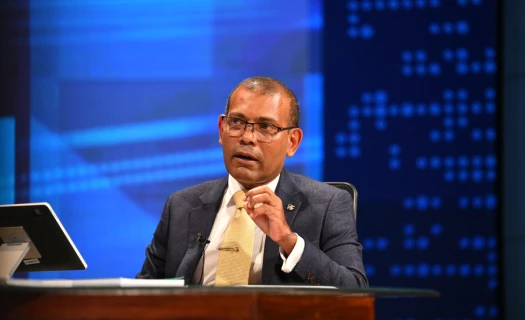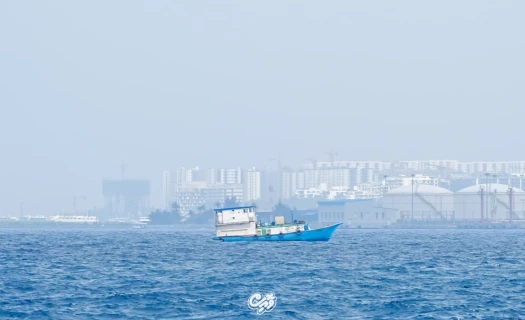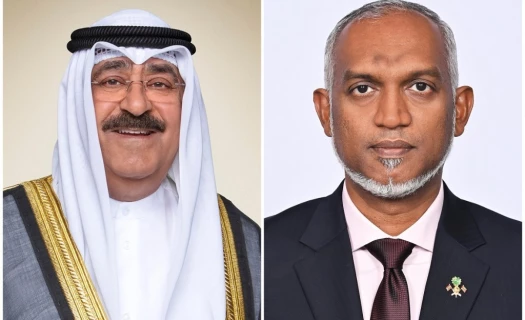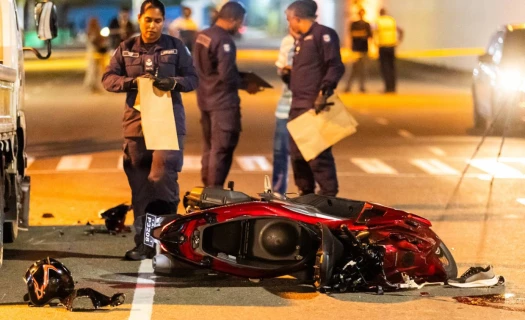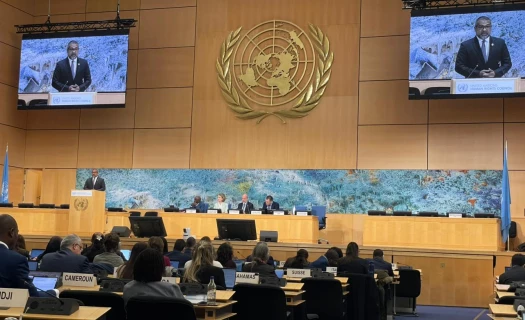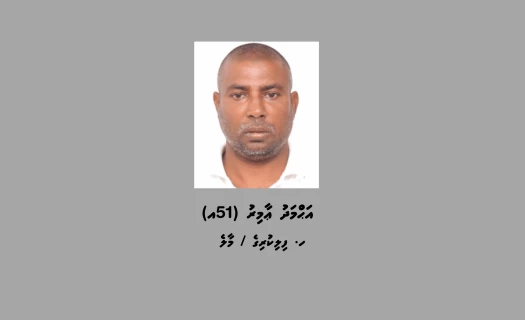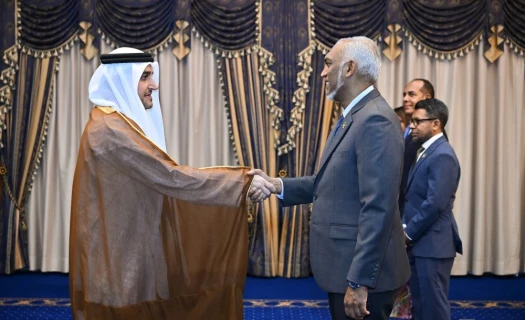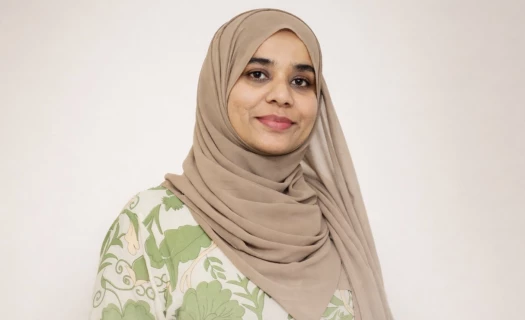Maldives’ issues stem from the presidential system, not individual leaders : Nasheed

Former President Mohamed Nasheed has once again voiced his strong support for transitioning Maldives from a presidential to a parliamentary system, calling the current presidential system the “root cause” of many of the country’s challenges.
In a post on ‘X’, Former President Nasheed stated that he does not believe the problems in the Maldives are due to any specific leader.
However, he emphasized his own long-standing support for a parliamentary system and a preferential voting system, where voters rank candidates in order of preference.
I believe many things in the country will improve if we adopted a parliamentary system along with preferential voting
Former President Nasheed said
The push for systemic change has been a divisive issue among Maldivian political leaders.
During the previous administration, Former President Nasheed advocated for a referendum to change the government system, but faced resistance from then-President Ibrahim Mohamed Solih and his faction within the Maldivian Democratic Party (MDP).
The disagreement ultimately led to a rift between the two leaders, with Nasheed resigning as MDP president and leaving the party entirely.
Both President Nasheed and President Dr. Muizzu have publicly supported the preferential voting system, also known as ranked-choice voting.
Under this system, voters list their preferred candidates in order.
If no candidate secures more than 50% of the vote in the first count, the second preference votes are counted.
This process continues until a candidate crosses the majority threshold.
Preferential voting is used in neighboring countries such as India and Sri Lanka, though it is not uniformly applied in all elections.
Sri Lanka's last presidential election results were announced after no candidate received 50 percent of the vote, by counting the second preference votes of the citizens.
The preferential system is one that President Dr. Mohammed Muizzu has also said he supports.
